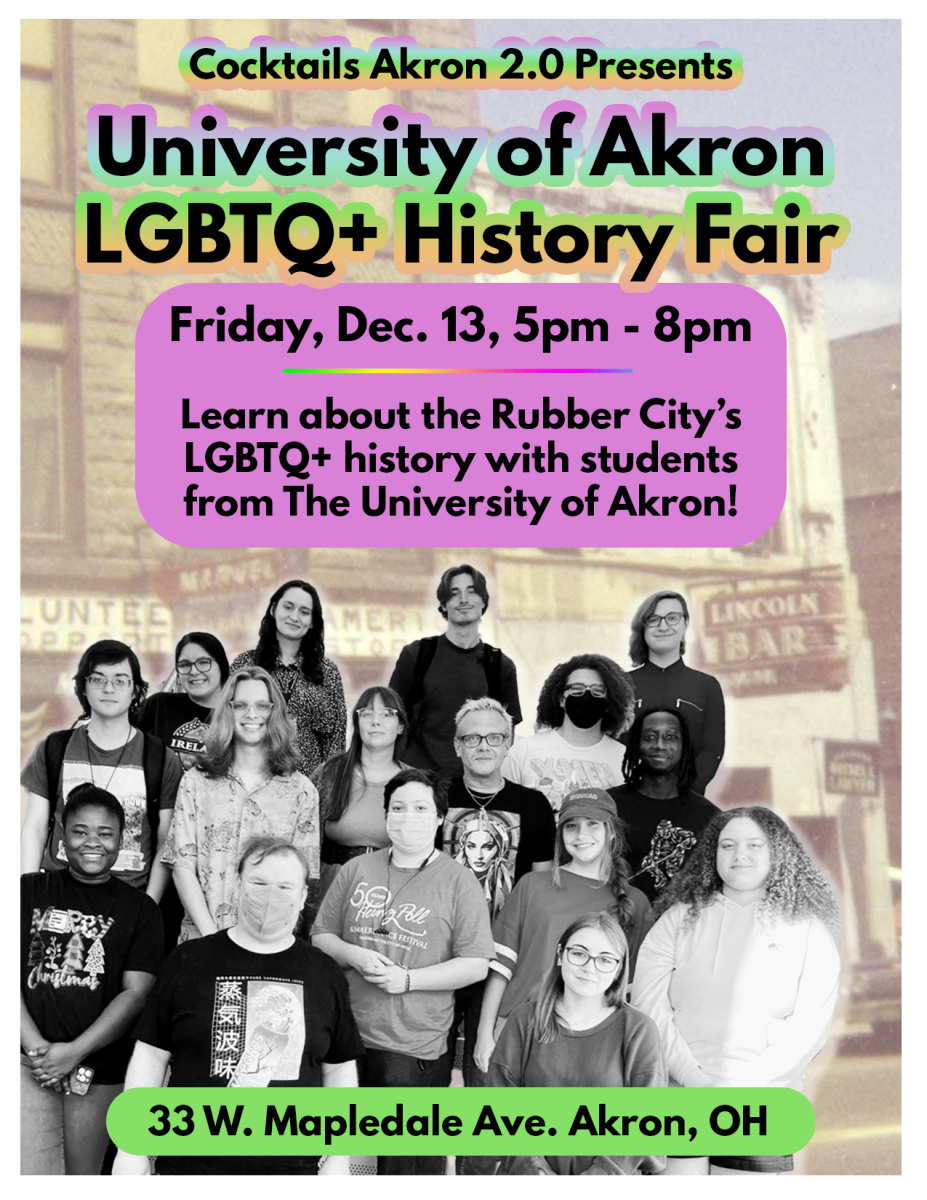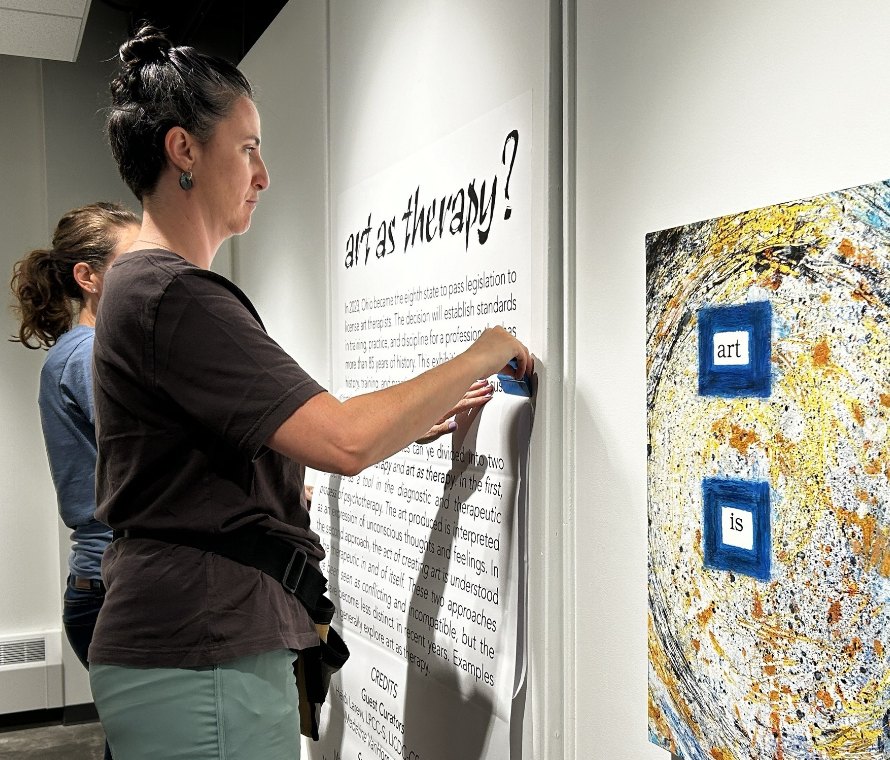Sexual assault and harassment on university and college campuses has recently garnered attention in Washington after an incident at Yale University in October 2010 infuriated individuals nationwide.
As reported in TIME magazine, members of a fraternity marched and chanted, No means yes! Yes means anal! No means yes! Yes means anal! on university grounds.
“
Sexual assault and harassment on university and college campuses has recently garnered attention in Washington after an incident at Yale University in October 2010 infuriated individuals nationwide.
As reported in TIME magazine, members of a fraternity marched and chanted, No means yes! Yes means anal! No means yes! Yes means anal! on university grounds.
According to research report Drawing the Line published in 2005 by the American Association of University Women’s Educational Foundation, 62 percent of female college students and 61 percent of male college students reported being sexually harassed at their university; however, less than 10 percent of students reported being harassed to a university employee.
Furthermore, according to a 2007 U.S. Department of Justice study, one in five undergraduate women and one in sixteen undergraduate men are victims of attempted or completed sexual assault.
This is so important to me because I know firsthand what it is like to go through such a horrible experience and I don’t want others to have to go through the same thing, especially alone Sarah Miller, undergraduate in Secondary Education, explained. Sexual assault happens more often than we would like to think; it is one of the most under-reported crimes in America, after all, and unless we start talking about it, nothing will ever change.
Mary Chipman, direct services advocate for the Rape Crisis Center, explained that there are three things that are important to tell someone who has been the victim of sexual assault or harassment, I believe you. It’s not your fault. I’m very sorry this happened to you.
According to Chipman, women tolerate it for fear of being seen as a complainer or someone wishing to rock the boat. This is particularly poignant because, according to Dana Zedak, director of Community Relations at the Rape Crisis Center, Most of the time the victim knows the attacker in some way.
Sexual assault and harassment is not a gender-specific phenomenon. According to the Rape Crisis Center, male victims may hesitate to reach out for help due to a fear of seeming unmanly or gay.
Chipman went on to explain that many victims will unsuccessfully try not to think about what happened.
The primary emotion is one of shame, Chipman explained, and fear that someone won’t believe them.
College students are at a higher risk and now is the time to start informing and educating, Miller said when asked why informing students on campus about sexual harassment is so important to her. Prevention of sexual assault is more than a rape whistle or pepper spraying; it’s about awareness.
The University of Akron has created a Sexual Assault and Sexual Harassment Services Team made up of University Police; the Counseling, Testing and Career Center; the Office of Residence Life and Housing; the Office of Student Judicial Affairs; Health Services; the Office of Equal Employment Opportunity, and the Rape Crisis Center of Medina and Summit Counties. They offer several services, such as help receiving medical attention, support groups, crisis intervention and counseling, individual counseling/therapy, legal assistance and more. All services are free and completely confidential.
The Rape Crisis Center has a 24-hour hotline with advocates to provide support, crisis intervention and referrals to survivors, co-survivors and the community. Call 330-434-7273 or toll-free at 1-877-906-7273.
“





